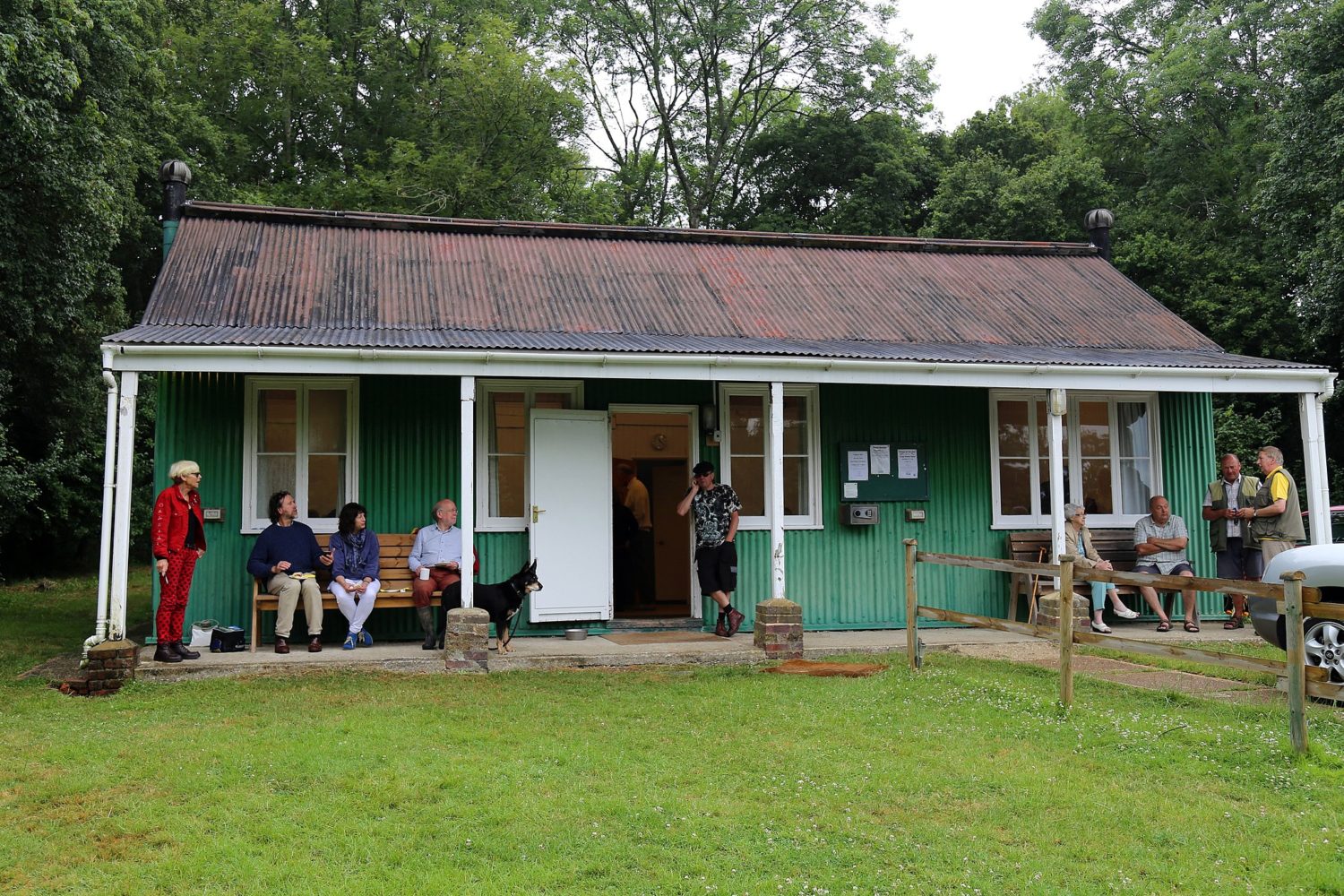Give back control
Britain's communities rarely get a say in the decisions that affect them most. A radical devolution agenda from Labour could leave a powerful legacy, writes Josh Westerling
Saying that something in this country isn’t working is to state the blindingly obvious. That much is clear to anyone who has used public services or even just walked through their town centre in recent months. Services and spaces that we used to rely on, the solid base on which we lived our lives, are crumbling away before our eyes.
The left’s traditional response to this would be to increase spending. Indeed, there is a strong case for this. But the ills that the country is experiencing right now go beyond spending decisions. They are also about how this country is governed.
Quite simply, far too many decisions are made in Westminster. Every day, people are affected by decisions they had no say over; decisions made by politicians and officials who, however good their intentions, are distant from the neighbourhoods where policy ideas become someone’s reality. On top of this, too often our politics is riven with short-termism. Yesterday’s solutions are applied to today’s problems, with a desire to make things better today but no capacity to plan for the future.
There is a clear Labour case to tackle this dual challenge. The beginnings of a solution can be found in Keir Starmer’s New Year’s speech, in which he pledged to modernise central government and shift power out of Westminster. But there is more to be done.
Part of the difficulty is that viewing the central state as a vehicle for social justice is in the Labour party’s DNA. From the NHS to the welfare system, much of the social progress made in the 20th and early 21st centuries was driven by the state. Today, many in Labour will be looking closely at the Biden administration’s ‘modern supply-side economics’. The focus on improving infrastructure and research to boost the productive capacity of the economy, alongside securing supply chains through ideas such as ‘friend-shoring’ (manufacturing and sourcing from countries with shared values), will indeed provide lessons for Labour that it could take into government. Here is a central state with defined, strategic focus. A future Labour government would do well to concentrate its energy on these issues of national importance, developing a strategic focus on long-term investment and policy change that will provide security and prosperity long into the future.
But while the state must be strong, in other areas it needs to step back. Not to let in market forces, but to enable communities to shape their own lives. Starmer’s proposed Take Back Control Bill promises to do this, unlocking the pride and purpose of our communities. There has been a gradual yet growing consensus on the devolution of power, and the Conservatives have made progress on regional devolution, probably the main area where they can claim some success in terms of levelling up. It is an area where Labour can go one step further, not as a radical break with what has gone before but as a logical next step to an existing policy agenda.
It’s a next step that is much needed. Savanta ComRes polling for Power to Change in November found that 75 per cent of British voters feel they have little control over the important decisions that affect their neighbourhood and local community. It is this disempowerment Starmer is seeking to address. But to provide a convincing answer, it is important that the party genuinely empowers communities, and that devolution does not stop at the regional or local authority level. It needs to go beyond the town hall to the neighbourhood level, where polling for Power to Change shows the public thinks decisions that affect their local area are best made.
To make good on its promise to empower communities, the party will have to offer ways of doing this. In particular, Labour should look at the structures that allow communities to exercise power in a legitimate and accountable way. They may look to existing proposals, such as the community covenants contained in the We’re Right Here campaign’s Community Power Act, for guidance. Similarly, the party needs clarity on what powers should reside at which level of government.
We are all anticipating the next election, but there is still some time to go. In this period, Labour should double down on its commitment to remake the state and devolve power to communities. There is time to build this narrative and relate it closely to people’s everyday lives, whilst developing policy to make this ambition a reality. ‘Take Back Control’ was a potent slogan for the Leave campaign in 2016. There is a strong chance it might now form a powerful Labour offer.
Image credit: Copsale Hall, West Sussex by Acabashi, CC BY-SA 4.0 via Wikimedia Commons

